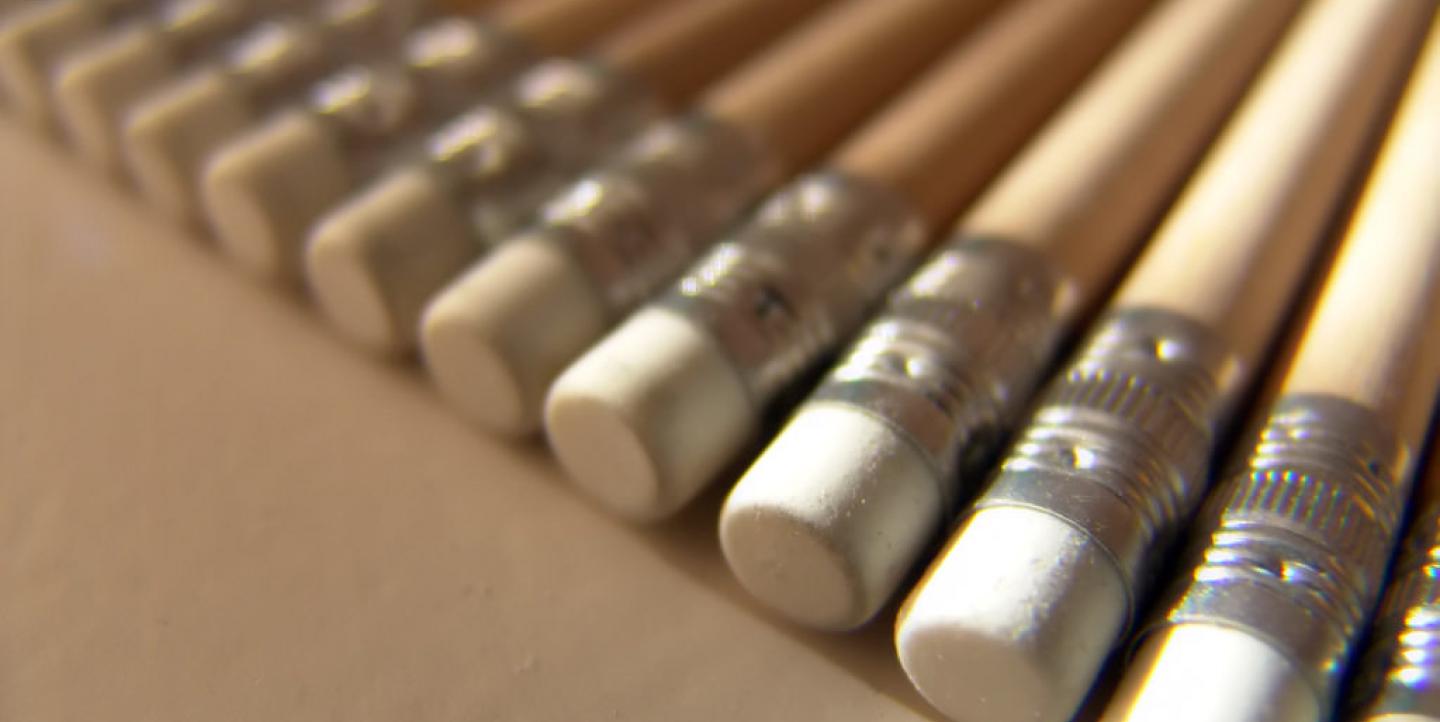If you’re a journalist who has benefited from the multiple layers of editing that newsrooms traditionally had, you need to take more responsibility for the quality of your content.
If you’re tweeting or blogging, you probably already are publishing content unedited (and probably have suffered the embarrassment of some errors a copy editor would have caught).
If we work out our editing systems right, we will give most non-live content at least one edit before publication, maybe more. But the inescapable fact is that your copy is going to get less editing than you’re used to. So you need to be a better self-editor. Below are some tips. These might also be helpful for assigning editors who need to become better copy editors.
Master SEO headlines
You may be writing your own blog headlines. You should be suggesting you’re own headlines for stories that you turn in. Writing headlines also helps you determine whether your story is well-focused. If you can’t write a good headline, maybe you should work a bit more to get to the point of the story.
Make one last read through your copy. Once you think you’re done, whether you’re writing a tweet or an investigative project, read it through yourself, not for rewriting or fact-checking (this comes after fact-checking). This final read is just for clarity, voice, spelling and grammar. For instance, in reading through this blog post before publication, I caught the "you’re" in the paragraph above that should be "your." I left it in to make this point. It was too good to fix in that particular spot.
Read aloud
I once wrote in a story about a drought that the city was encouraging water consumption, when I meant water conservation. I am sure I didn’t read that drought story aloud. Conservation and consumption may look a lot alike, but that’s the kind of error that jumps out when you read your work aloud.
Use an accuracy checklist
You are responsible for the accuracy of your content. Use a checklist to make sure everything is accurate.
Improve your grammar and word usage
Schools don’t teach grammar as well as they used to, so even the smart students with strong writing skills who go into journalism often have weaknesses in grammar, spelling and word usage. Yes, it’s better to learn these matters in your youth, but you can still improve as a professional. I have blogged on some grammar matters that confuse many journalists, and the American Copy Editors Society has lots of resources to help with grammar and word usage.
Use spellcheck (but don’t rely on it)
There is no excuse for failing to catch errors that your computer can point out to you. But don’t routinely change potential errors highlighted by your computer (some of them are right). And don’t make the computer your only spellcheck. Use the dictionary to check the spelling (and usage) of words you aren’t sure about.
Make every word count
I blogged last year with advice for writing tight copy. By planning to write tight, setting a brisk pace and being demanding in your rewrite, you can turn in cleaner copy.
These tips are excerpted from a post on The Buttry Diary and were first published on IJNet with the author’s permission on March 7, 2014.
Image CC-licensed on Flickr via unclesond.

